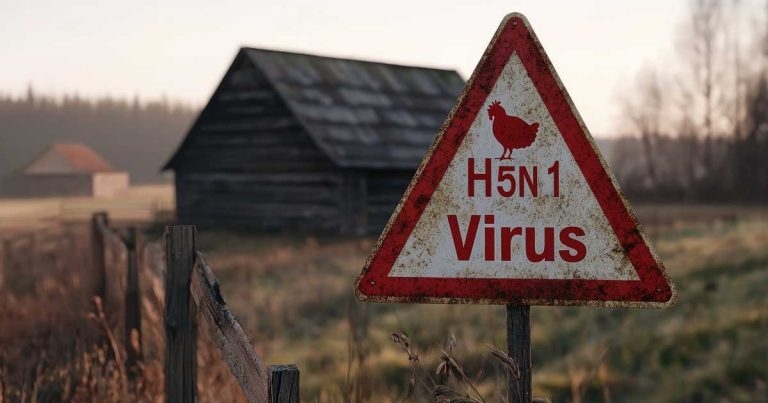27 Jan 2025
Officials in the two nations have warned of a “heightened risk of incursion” from the virus following recent cases.

Image: © CassiOpeiaZz / Adobe Stock
New avian flu restrictions have been put in place across England and Scotland following a recent increase in cases.
Officials have today (27 January) also confirmed a case of bird-to-human transmission involving a farm worker in the west midlands region.
Prevention zones without housing requirements were implemented across both nations, except for areas that are already under restrictions, from noon on Saturday 25 January following announcements issued late the previous evening.
Meanwhile, a separate housing order that already covers Suffolk, Norfolk, Lincolnshire and East Yorkshire has today been extended to the administrative areas of York, North Yorkshire and Shropshire.
Confirmed cases
Since the present outbreak began in November, 22 avian flu cases have been confirmed in England, plus one in Scotland.
The latest recorded infection was confirmed at a site near Easingwold in North Yorkshire on Saturday.
UK CVO Christine Middlemiss said: “Given the continued increase in the number of bird flu cases across England, we are taking further action to try and prevent the further spread of disease.
“I urge bird keepers to check which requirements apply to them, to continue to exercise robust biosecurity measures, remain alert for any signs of disease and report suspected disease immediately to the Animal and Plant Health Agency.”
‘Heightened risk’
Scotland’s deputy CVO, Jesus Gillago, added: “While the risk to public health is very low, we are currently experiencing a heightened risk of an incursion from this virus and so it is vital that appropriate precautions are taken to protect poultry and other captive birds from infection.
“The introduction of this zone is a preventive measure, aimed at minimising the effect that this, often devastating virus, can have on Scottish kept birds.”
Similar restrictions have also been in place in Northern Ireland since last Saturday, following the first confirmed wild bird case since the autumn of 2023.
Transmission
Meanwhile, UK Health Security Agency (UKHSA) officials confirmed a case of H5N1 in a person in the west midlands. UKHSA said the person acquired the infection a farm and the risk to the wider public was low.
The individual has been described as “currently well“ and was admitted to a high consequence infectious disease (HCID) unit.
Susan Hopkins, chief medical advisor at UKHSA, said: “The risk of avian flu to the general public remains very low despite this confirmed case. We have robust systems in place to detect cases early and take necessary action, as we know that spillover infections from birds to humans may occur.“